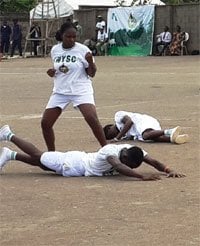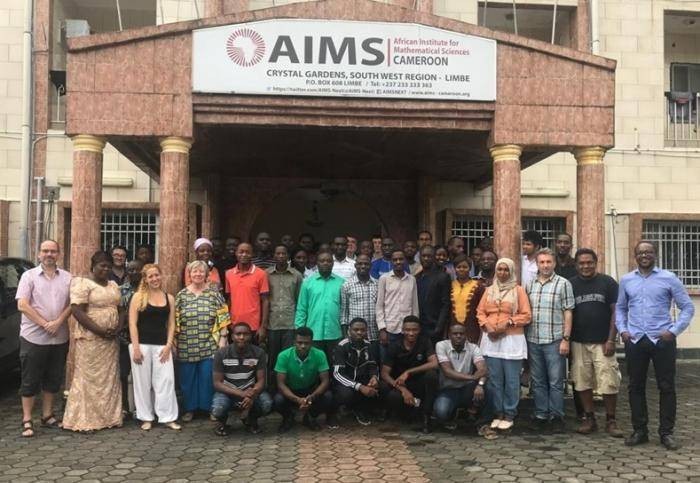
Don Calls for Introduction of Gender Policies in Varsities:
A UNIVERSITY TEACHER and Director, Centre for Gender and Development Studies, Ekiti State University (EKSU), Ado-Ekiti, Professor Olabisi Aina has called for the introduction of gender policies in Nigerian universities.
This according to her, will enable them of address what she termed masculinisation of the academic. Aina, in a lecture titled Women in the Nigerian University System: Achievements, Challenges and Prospects delivered at the 2014 Iju Public Affairs Forum organized by Professor Ladipo Adamolekun, a professor of Public Administration and a World Bank Consultant.
She pointed out that there is a wide gender gap within the Nigerian academic environment. Aina who lamented the development provided some gender statistics that show low women involvement in teaching and administration in the 128 universities of the country.
Similar Posts:
She traced the persistence of gender inequality in the country’s Ivory Towers to the extension of patriarchy and other gender stereotypes in the larger society to the academia that has remained male-centric.
Also she fingered the failure of governments at various levels to pay attention to gender priorities in education budgets to institutional and environmental factors.
She pointed out that “These environmental factors could be seen in gender-unfriendly teaching and learning environment and gender-based violence within the university system which she called on operators of the system to address.
Aina therefore proposes gender mainstreaming “as a tool for institutional and social transformation in the university system”. She explained that each university should invest in its structural transformation to support gender equality and that individual academics should abandon traditional value orientations that support gender inequality.
She therefore urges “promotion of a gender-friendly, inclusive and secure teaching and learning environment, bridging gender gap in student’s admission and staff recruitment and promoting increasing participation of women in decision-making at all levels.” The university don however admitted that the university education has recorded significant achievements for Nigerian women.
According to her “’today, educated Nigerian women are making strides in various professions, including non-traditional female professions such as engineering, aviation industry, extractive industry, architecture, computer science among others.
“More Nigerian women are also movig into board rooms, taking vital business decisions alongside their male counterparts because of their educational qualifications.
She added that “expectedly, this number will continue to increase with the high wave of women now yearning for university education.” (Vanguard)




